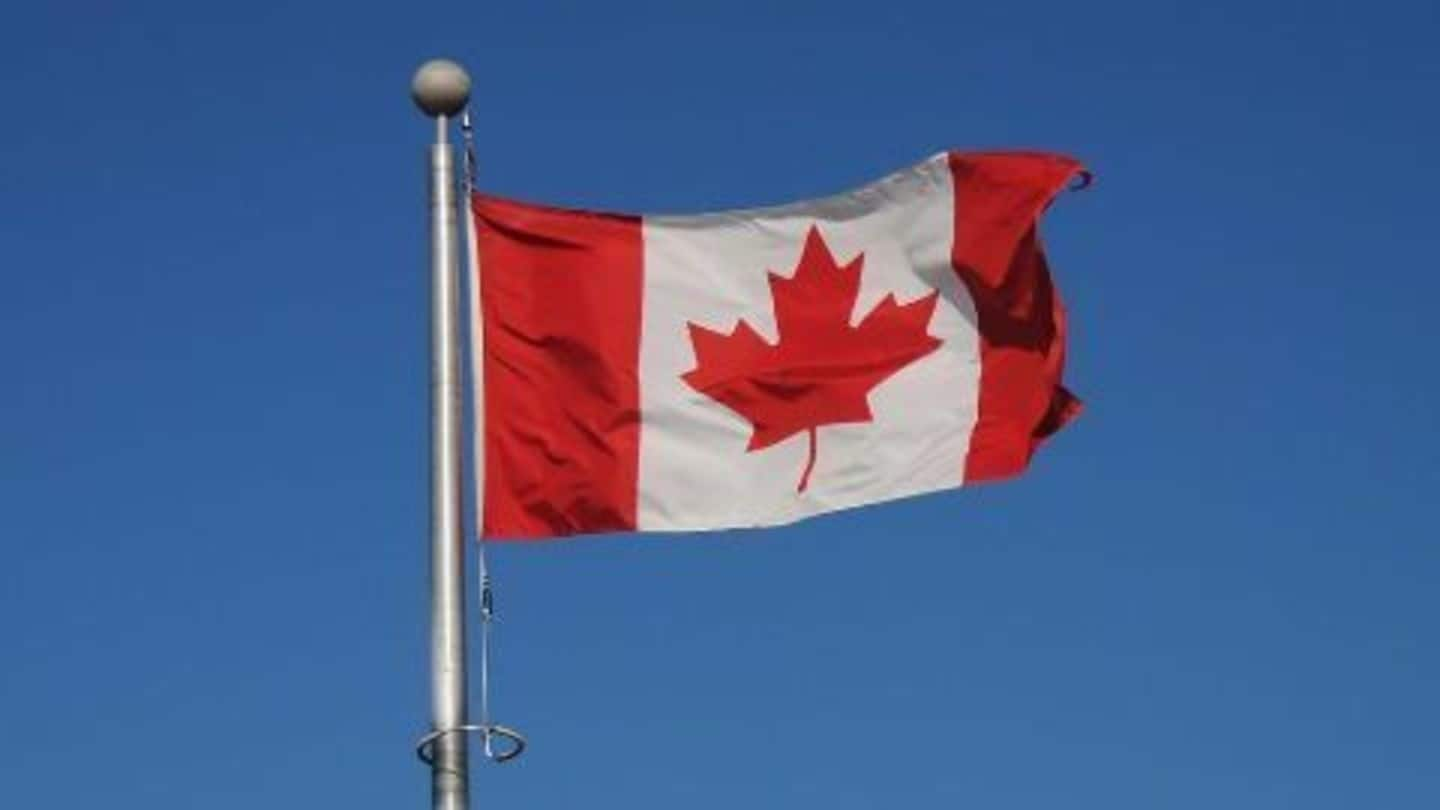
Canada ships first batch of uranium to India
What's the story
Canada sent the first shipment of uranium to India, ending a 41 year ban on the sale of nuclear fuel to India. The consignment was delivered by Cameco Inc. as part of the deal brokered during PM Modi's visit to Ottawa this year. Canada had stopped nuclear co-operation with India in 1974 after India tested its first nuclear weapon under PM Indira Gandhi.
Co-operation
Indo-Canadian nuclear co-operation
Canada helped build India's first nuclear reactor, the CIRUS reactor in 1952 at BARC in Trombay. Canada supplied fuel for the reactor and the US supplied "heavy water" for its functioning. In 1974, India detonated its first nuclear weapon and it was alleged that the fuel in the bomb was used from the CIRUS reactor, prompting Canada to halt all nuclear co-operation with India.
1974
What is the Nuclear Suppliers Group (NSG)?
The NSG was created in 1974 after India used fuel from Canadian supplies to conduct its nuclear weapons test. The group consists of 48 member nations who possess large amount of nuclear fuel ore or technology. The group seeks to limit trade in nuclear technology so as to ensure that nuclear fuel and technology is used only for peaceful purposes by non-nuclear weapon states.
2008
Indo-US Nuclear Deal
The Indo-US nuclear deal (123 Agreement) was signed between Manmohan Singh and George Bush in 2008. Under the agreement, the US would help build reactors in India and provide fuel for India's nuclear power program. India conceded to several requirements of the US for this deal, including separating its military nuclear facilities from civilian ones and accepting IAEA's oversight on its civil nuclear plants.
Personal
India's nuclear fuel suppliers
India had till then received fuel supplies bilaterally from Kazakhstan, Uzbekistan, France, Canada and Russia. After the Indo-US nuclear deal, India could receive supplies and technology from the US as well.
Waiver
NSG waiver due to Indo-US nuclear deal
In 2008, the NSG exempted India from a ban on nuclear trade after the Indo-US civil nuclear co-operation agreement was signed. The stringent oversight agreed upon in the deal showed transparency in India's nuclear power program and prompted the NSG to take this decision. The exemption allowed India to resume trade with NSG members increasing the scope of nuclear fuel suppliers for India.
Information
India's nuclear reactors
India currently has 21 nuclear reactors which generate 3.5% of the total power generated in the country. India plans to generate 25% of its energy from nuclear fuel sources by 2050.